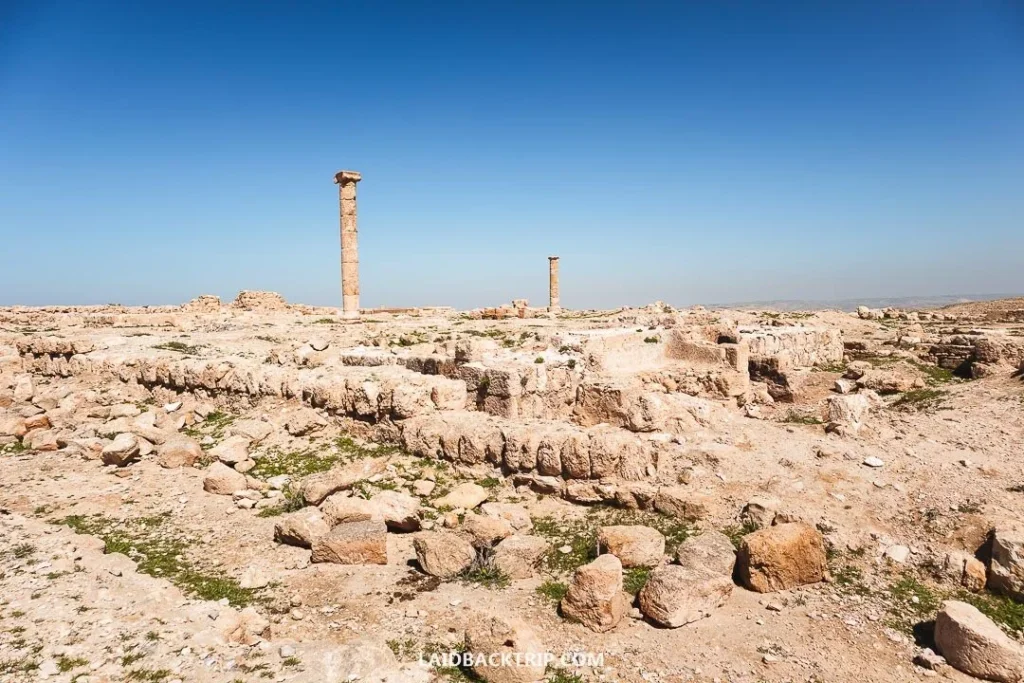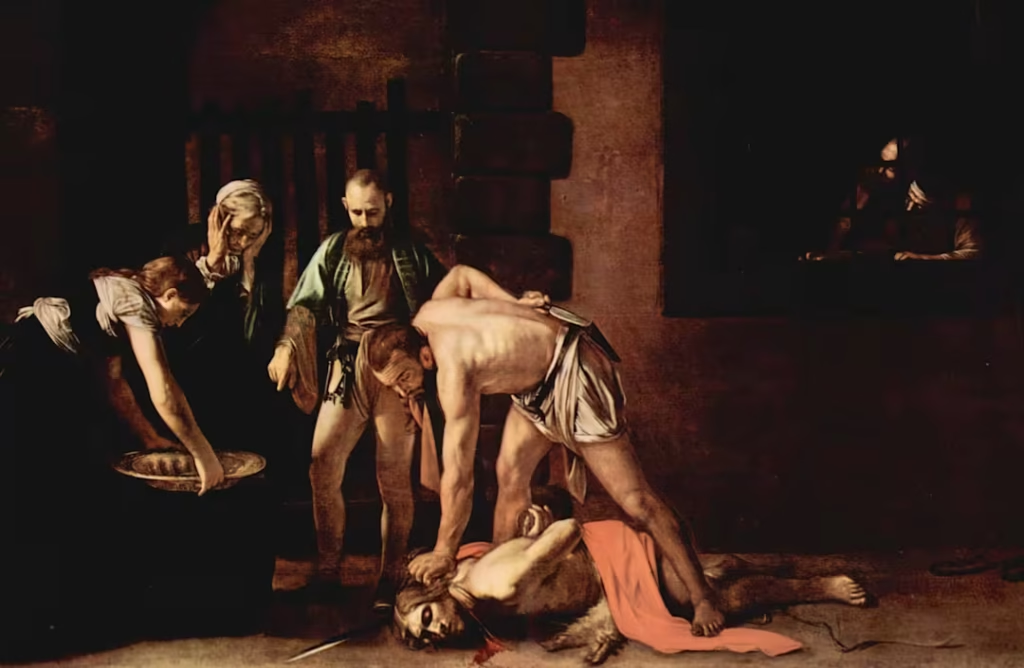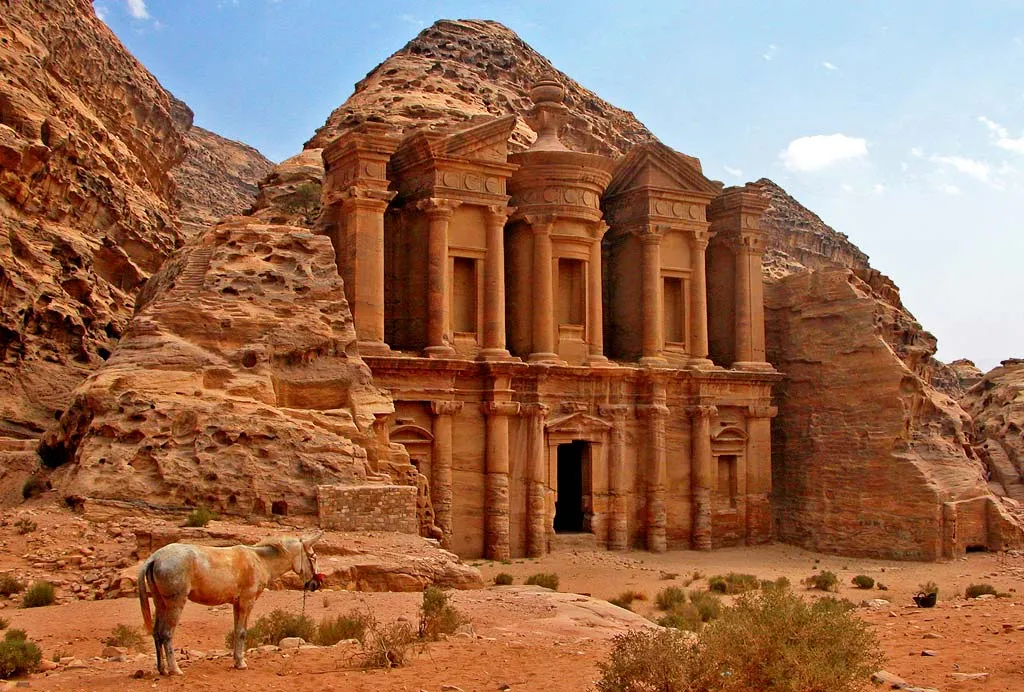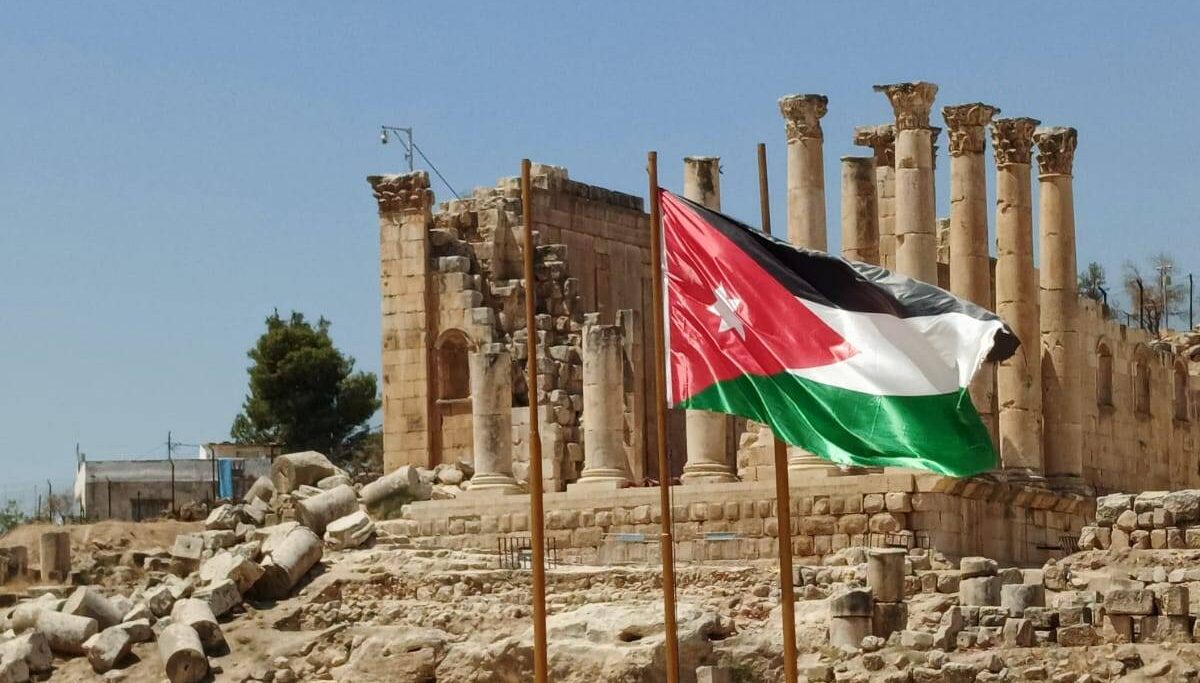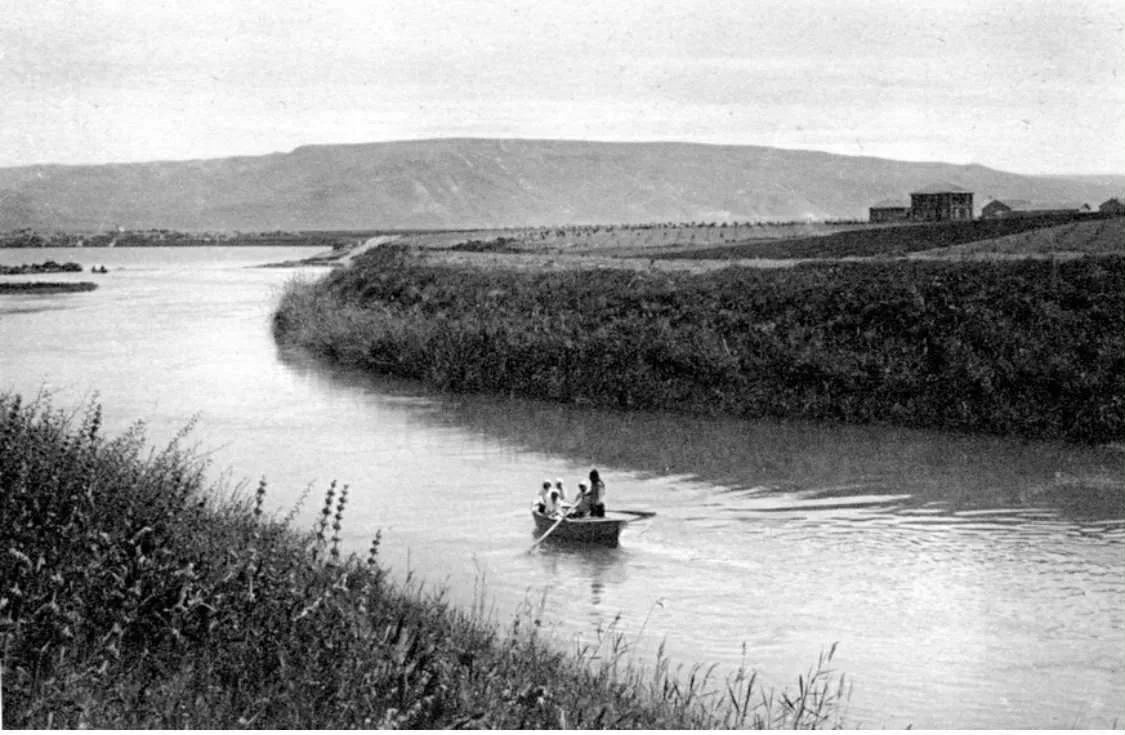Anovia- Suspended dramatically from above the eastern shores of the Dead Sea, Mukawer, also known as Machaerus, stands as one of Jordan’s most striking historical sites.
The fortress-palace, or what is left of it, originally rebuilt by Herod the Great, crowns a high hill, offering panoramic views of the surrounding valleys, mountains.

Mukawer’s prominence is further enhanced by its connection to the surrounding region, forming part of a rich tapestry of historic and religious sites.
From this hilltop vantage point, the nearby Dead Sea shimmers in the distance, and the surrounding hills and valleys invoke memories of the landscapes that have shaped centuries of history.
This network of sites allows travelers to experience Jordan as a living narrative, connecting heritage, spirituality, and breathtaking sceneries in one unforgettable journey.
Mukawer’s stone walls and carefully planned courtyards highlight the elegance and authority of the royal seat.
Within these fortified halls, archaeologists have identified spaces that once hosted royal audiences and ceremonies, including a prominent throne niche that may have witnessed some of the most pivotal events of the Herodian era.
Among its most renowned associations is the story of John the Baptist, whose imprisonment and execution at Mukawer is chronicled in the Gospels and attested by early Christian authorities.
History also recalls the dance of Salome, an event that has echoed through centuries in art, literature, and faith. These episodes imbue the site with a profound spiritual and cultural resonance, attracting pilgrims and scholars from across the world.

According to the Bible’s New Testament, the death of John the Baptist in Mukawer, is tied to one of the most dramatic episodes in early Christian history.
The Bible tells us that during a banquet held by Herod Antipas, the ruler was so captivated by the dance of Herodias’s daughter Salome, that he vowed to grant her any request. Urged by her mother, she demanded the head of John the Baptist on a platter. Though reluctant, Herod felt bound by his oath before his guests and ordered the execution.
This episode, recorded in the Gospels of Matthew and Mark, has since marked Mukawer as a site of profound spiritual and historical significance.
As Eusebius observed in the fourth century, “John the Baptist was beheaded by Herod… at the citadel of Machaerus,” confirming the fortress’s role as a witness to history.
Modern archaeological efforts, beginning in 2009 under the leadership of Győző Vörös, the Hungarian archaeologist and art historian internationally recognized for his work in Near Eastern archaeology, and his team, have brought Mukawer’s story vividly to life.
Excavations have revealed grand halls, courtyards, and ceremonial spaces, alongside defensive towers and fortification walls that speak to the dual role of the site as both palace and stronghold.
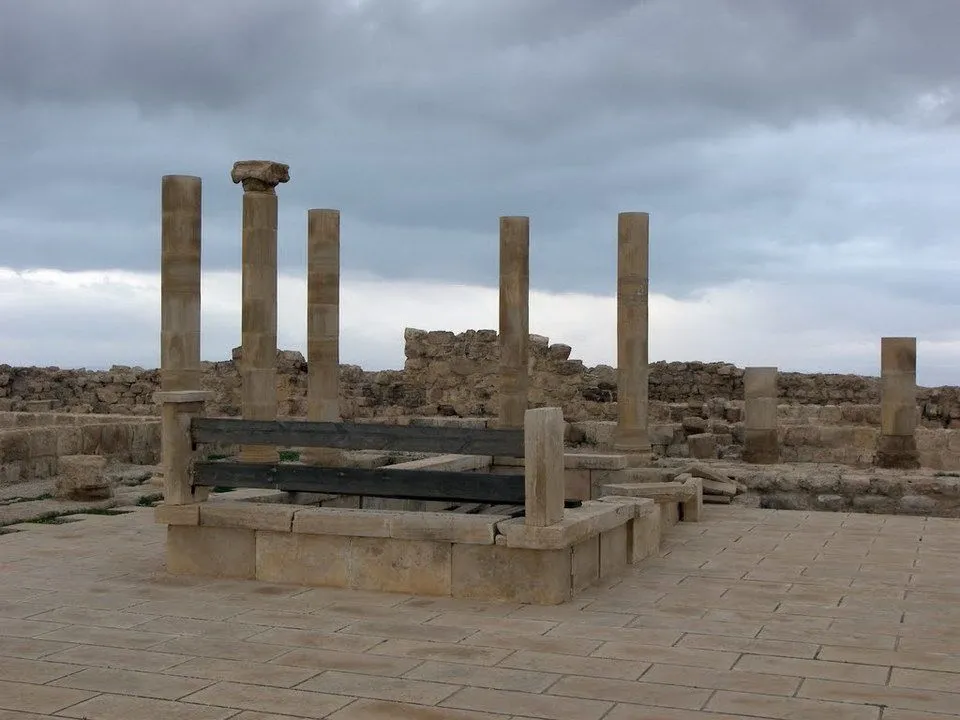
The restoration process, including the careful reconstruction of columns and architectural features, allows visitors to visualize the site much as it would have appeared in Herod’s time.
Today, Mukawer invites visitors on a journey through time, offering not only historical insight but breathtaking natural vistas. From the hilltop, one can gaze across the Dead Sea, the hills of Moab, and the ancient routes that connected distant lands.
Mukawer is more than an archaeological site; it is a cultural landmark that embodies Jordan rich heritage. Its unique combination of Biblical and historical significance, architectural grandeur, and natural beauty makes it a destination of unparalleled appeal for tourists, pilgrims, and scholars alike. The fortress stands as a reminder that history is not confined to the past, it is a living presence, inviting exploration, reflection, and admiration.
For those seeking a space for meditation, spiritual reflection, or simply a serene escape, Mukawer offers an unparalleled experience. While the original fortress no longer stands in its entirety, visitors can ascend to the top of the hill, where the castle once dominated the landscape. From this vantage point, the panoramic views of the Dead Sea and surrounding hills inspire contemplation and leisure alike.
